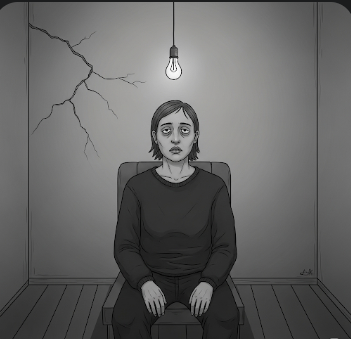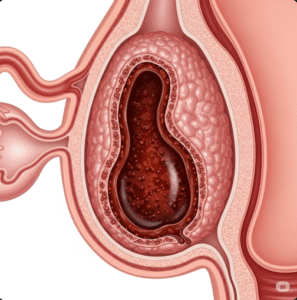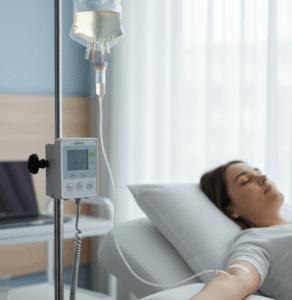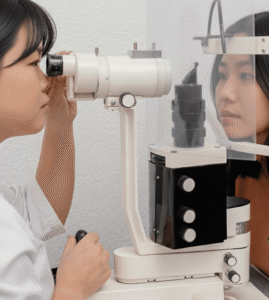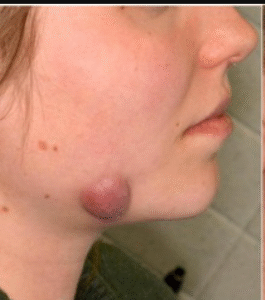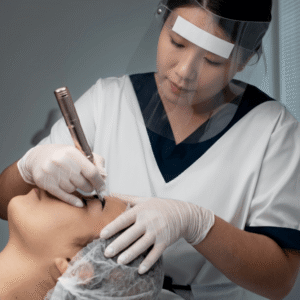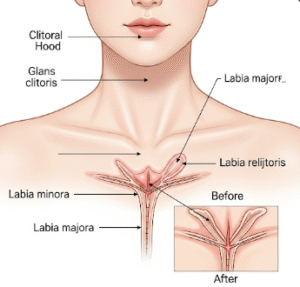Overview
Alogia is a speech disorder characterized by a poverty of speech or diminished verbal expression. It is often observed in individuals with psychiatric conditions, particularly schizophrenia, and may also appear in severe depression, neurological disorders, or as a side effect of certain medications.
Patients with alogia may speak less frequently, offer brief or monosyllabic responses, and show difficulty in producing spontaneous conversation. This can impact social interactions, professional life, and overall quality of life. In South Korea, mental health clinics and psychiatric hospitals provide specialized care, including cognitive therapies, speech interventions, and medication management to improve communication abilities.
Key Facts
Highlights:
➡️ Alogia is characterized by reduced speech output, including short or limited responses.
➡️ It is commonly associated with schizophrenia and other severe psychiatric disorders.
➡️ Can be observed as part of negative symptoms in psychiatric evaluations.
➡️ May coexist with cognitive deficits, emotional flattening, or social withdrawal.
➡️ Early assessment and intervention can improve communication skills and social functioning.
What is Alogia?
Alogia is a negative symptom primarily observed in psychiatric and neurological conditions. It refers to a reduction in the quantity or content of speech, making it difficult for patients to engage in meaningful conversations.
The condition is typically divided into two types:
- Poverty of Speech: Minimal verbal output, often producing short or incomplete responses.
- Poverty of Content: Speech may be adequate in quantity but lacks meaningful information or coherence.
Alogia can be temporary in response to emotional stress or fatigue, but in chronic psychiatric conditions, it may persist and require structured therapeutic interventions.
What Symptoms are Related to Alogia?
Symptoms of alogia include:
- Limited verbal responses or monosyllabic answers
- Difficulty initiating or sustaining conversation
- Reduced spontaneous speech
- Incoherent or vague responses in some cases
- Social withdrawal due to communication challenges
- Impaired ability to express thoughts, emotions, or ideas
- Emotional blunting or flat affect may coexist
What Causes / Possible Causes of Alogia?
Highlights:
➡️ Schizophrenia: Alogia is one of the negative symptoms often associated with chronic schizophrenia.
➡️ Depression: Severe depressive episodes may lead to reduced verbal expression.
➡️ Neurological Disorders: Stroke, dementia, Parkinson’s disease, or traumatic brain injury may cause speech reduction.
➡️ Medication Side Effects: Some antipsychotic or sedative medications can contribute to diminished speech.
➡️ Emotional or Psychological Factors: Stress, anxiety, or social withdrawal can exacerbate speech reduction.
➡️ Developmental Disorders: Autism spectrum disorders or intellectual disabilities may present with similar speech limitations.
When Should I See My Doctor?
Highlights:
➡️ If there is a noticeable reduction in speech that affects daily communication.
➡️ If verbal output is significantly less than normal for the individual’s age and baseline.
➡️ If accompanied by other psychiatric symptoms such as hallucinations, delusions, or emotional flattening.
➡️ If social or occupational functioning is impaired due to limited speech.
➡️ For early assessment to determine underlying psychiatric or neurological causes.
➡️ If medication changes or new neurological symptoms appear alongside reduced speech.
Care and Treatment
Management of alogia focuses on addressing the underlying cause and improving communication skills.
Highlights:
➡️ Psychiatric Evaluation: Comprehensive assessment to identify primary psychiatric or neurological conditions.
➡️ Medications: Antipsychotics, antidepressants, or other relevant medications to treat underlying disorders.
➡️ Speech Therapy: Exercises to improve verbal expression, clarity, and conversational skills.
➡️ Cognitive Behavioral Therapy (CBT): Helps patients develop strategies for communication and social interaction.
➡️ Social Skills Training: Structured programs to improve interpersonal communication and reduce social withdrawal.
➡️ Family and Caregiver Support: Education and involvement of family members to encourage speech and social engagement.
➡️ Monitoring: Regular follow-up to evaluate speech improvement, medication response, and overall mental health.
Treatment Options in Korea
South Korea provides advanced mental health care for patients experiencing alogia through specialized psychiatric and neurological centers.
Highlights:
➡️ Comprehensive Diagnostics: Psychiatric evaluations, cognitive assessments, and neurological testing.
➡️ Multidisciplinary Therapy: Collaboration between psychiatrists, speech therapists, psychologists, and occupational therapists.
➡️ Medication Management: Personalized pharmacological interventions for schizophrenia, depression, or neurological disorders.
➡️ Speech and Cognitive Therapy: Programs to enhance verbal expression, memory, and executive function.
➡️ Integrated Mental Health Care: Psychotherapy, social skills training, and caregiver education.
➡️ Medical Tourism Support: Multilingual services, structured treatment plans, and follow-up care for international patients.
➡️ Patient Education: Guidance on communication strategies, coping mechanisms, and long-term management.

